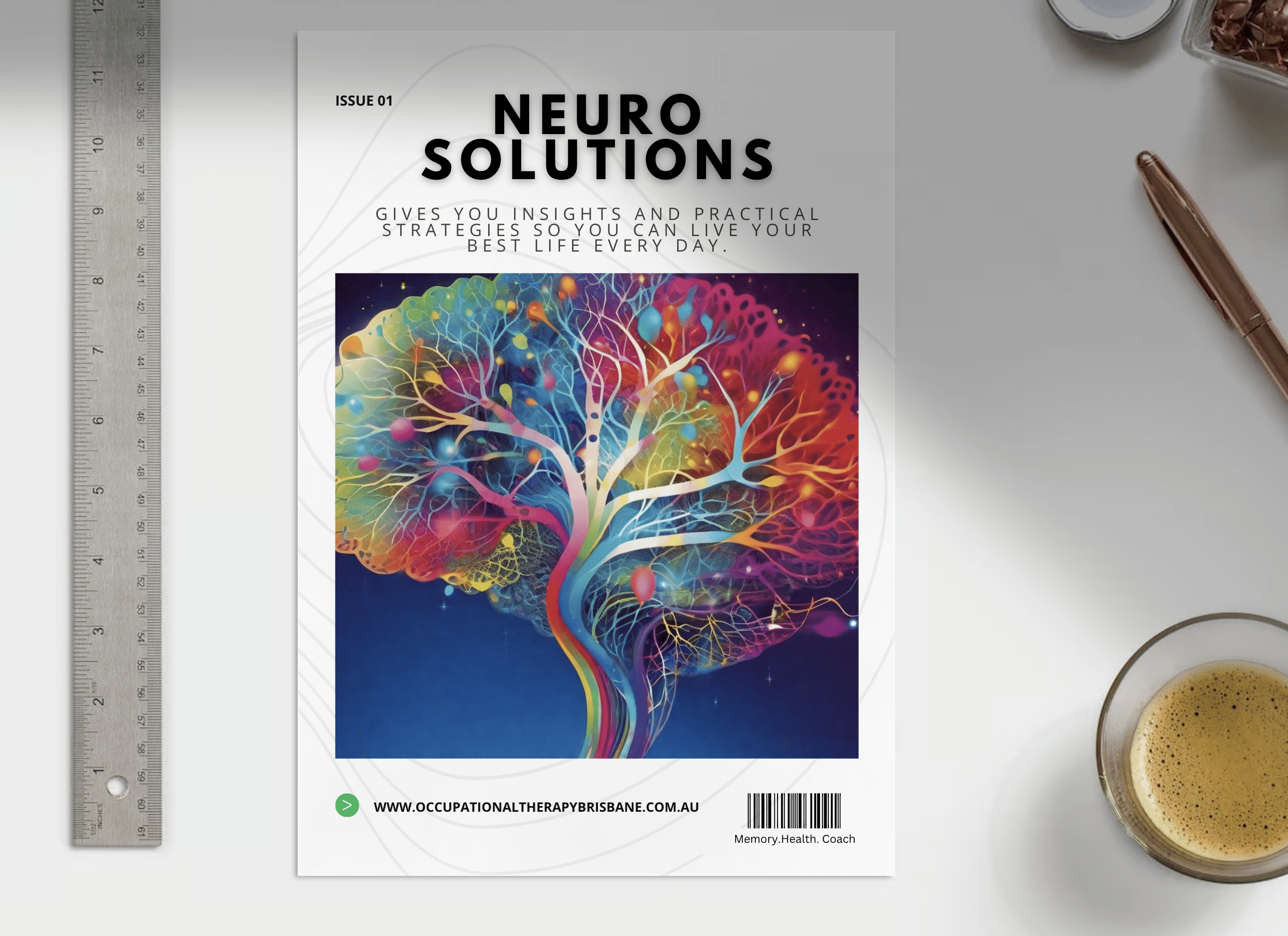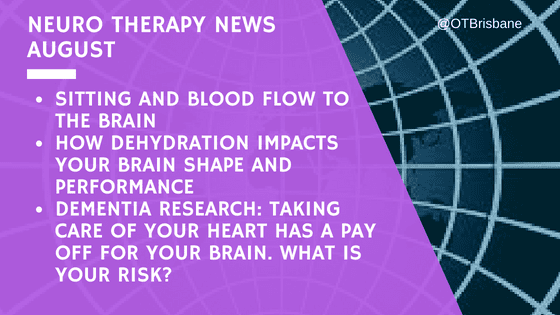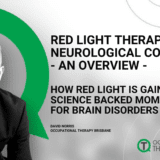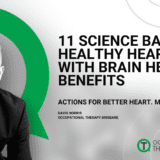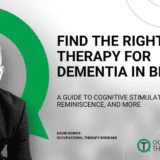Neuro Therapy News August:
Does Sitting For Long Hours Reduce Blood Flow To The Brain?
If you’ve been on a visit to your GP you’ve likely seen the poster ” What Is Australia’s Biggest Killer?” Under the headline is pictures of a Great White Shark, Crocodiles, Dogs, Cars etc. All with big RED crosses through them. Nope, the biggest killer is sitting, lack of movement.
So it was with interest we read the research from the Liverpool John Moores University in the U.K. who found evidence of reduced blood flow to the brain in people who sit for long periods of time.
We were interested in the cognitive and functional observations of this work especially as decreased cerebrovascular blood flow and function are associated with lower cognitive functioning and increased risk of neurodegenerative diseases.
Here is a summary of their findings
- A small sample size of only 15 participants, researchers were keen to investigate the role of being sedentary had on brain blood supply.
- Results indicate that prolonged, uninterrupted sitting in healthy desk workers reduces cerebral blood flow, however this is offset when frequent, short-duration walking breaks are incorporated.
- What would have been good to pair with this research is a subjective and objective cognitive performance test. Sadly it missed the opportunity here.
Source: Journal of Applied Physiology
How Dehydration Impacts Your Brain Shape And Performance
- Research findings from The Georgia Institute of Technology reports when you’re dehydrated part your brain can swell, neural signaling can intensify, and doing just basic monotonous tasks can become more difficult.
- Volunteers were asked to sweat a lot and did not re-hydrate. Using functional imaging participants’ brains what they found was
- Structural changes were consistent across all individual but cognitive performance was variable and couldn’t be explained by the physical changes.
Source: Physiological Reports
Dementia Research: Taking Care Of Your Heart Has A Pay Off For Your Brain
A french study, published in the Journal of the American Medical Association, of 6,600 senior citizens suggests taking care of your cardiovascular system will benefit your brain as well.
The study tackled: Is there an association between cardiovascular health level in older age and risk of incident dementia?
Here is what the study observed
- Study participants who scored better on seven measures of cardiovascular health were found with lower their risk of dementia over the ensuing years.
- At the lowest score dementia development rate was 13.3 cases per 100 people ( 13%)
- Highest scores ( better cardiovascular health) the rate of dementia was 7.1 cases per 100 or (7%)
- It was a point in time research not a study which tracked people over time so it has limitations.
- The 7 items of cardiovascular health included: Four are behavioral (diet, exercise, weight management and smoking status) and three are biological (blood pressure, blood sugar and cholesterol).
It’s never too late to state taking care of your cardiovascular health, the case all the more compelling as it may just be a great way to prevent cognitive decline.
Looking For Neurological assessment and rehabilitation services? Here’s more information which may be of help here.



